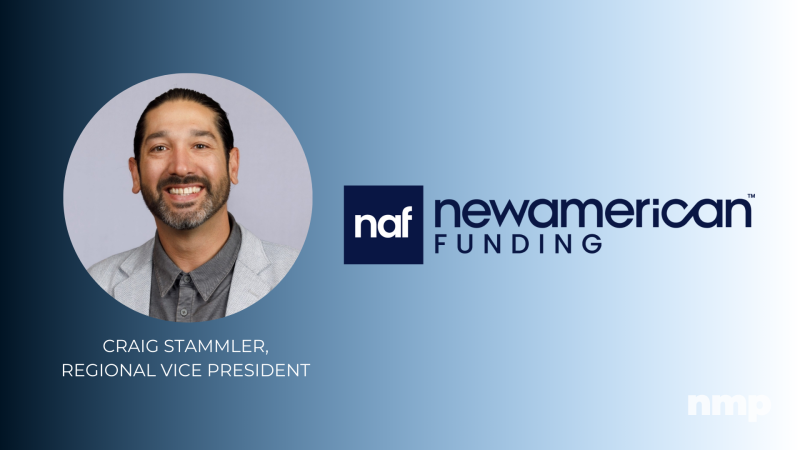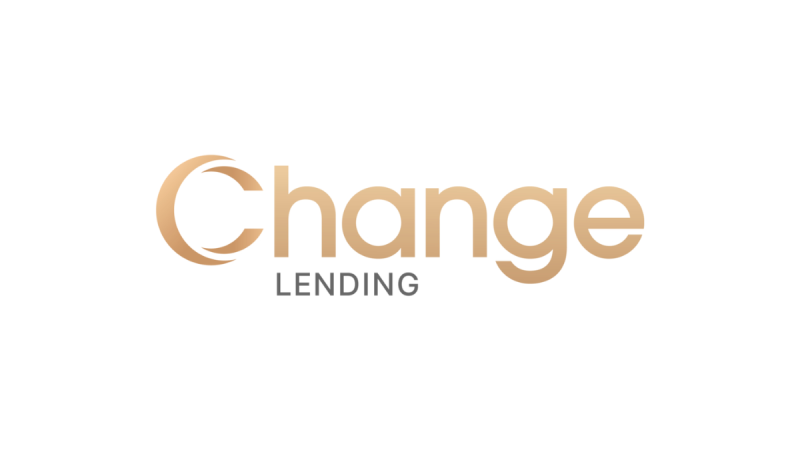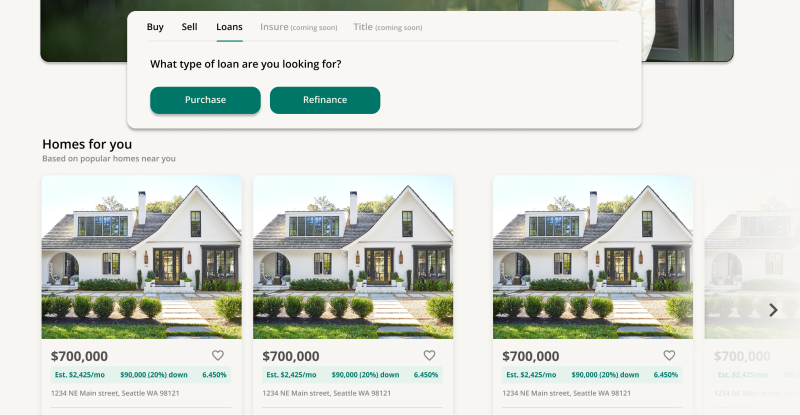
Lack Of Financial Knowledge Leads Borrowers To Overpay

The Philadelphia Fed's study finds limited borrower sophistication may provide lenders with market power.
Many originators in the industry go to extra lengths to ensure borrowers are educated on mortgage and homeownership; survey data from the Federal Reserve Bank of Philadelphia shows why that’s considered a best practice. Results revealed that a large fraction of borrowers overpay for their mortgage, varying with borrower types and with market interest rates.
The bank’s survey is further proof that borrowers' mortgage knowledge and shopping behavior strongly correlate with the rates they secure. Researchers call this “financial sophistication” and say it is the key reason for overpayment.
The survey results indicate that borrowers who are financially less well-off, such as lower-FICO and higher-LTV borrowers, overpay the most. Those borrowers may also be less financially educated, since first-time homebuyers and those who pay discount points also tend to fare worse.
“Instead of reflecting risk-based pricing, overpayment could be driven by borrowers who are less financially sophisticated, meaning that they are less effective at searching and negotiating for low rates,” the study read, but researchers postulated: “An alternative potential explanation for these patterns unrelated to sophistication is that lower-FICO borrowers and higher-LTV borrowers tend to have smaller loans and thus less of an incentive (in dollar terms) to shop around.”
The main data is sourced from an industry platform called Optimal Blue that connects over 600 mortgage lenders with more than 200 whole loan investors. The lenders using the platform tend to be nonbank monoline mortgage lenders. The study notes that those lenders have gained substantial market share in the post-crisis period, citing that they originated 56% of all purchase loans and 58% of refinance loans in 2019. Optimal Blue is also used by smaller community banks or credit unions.
Borrowers at independent nonbanks also appear to overpay by more, on average, than borrowers at other lender types. However, the study notes that non bank lenders comprised a majority of the survey sample for the study.
Furthermore, the survey found borrower overpayment is amplified when market interest rates are low. Researchers suggest that when the level of rates is already low, borrowers may feel less compelled to search for a good deal or negotiate harder than when rates are higher, even though in dollar terms the consequences are the same. That might be the case particularly after a recent drop in rates, as borrowers might compare their offer to a higher reference level.
The study also notes two complementary reasons why after a drop in market rates, borrowers obtain worse mortgage rates than they could in a frictionless world: lenders make worse offers relative to an MBS-market benchmark, and borrowers fare worse relative to those offers.
In all, the survey results found substantial variation in how expensive and profitable lenders are, without any evidence that expensive loans are associated with a better borrower experience. Despite many lenders operating in the U.S. mortgage market, limited borrower sophistication may provide lenders with market power.




